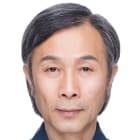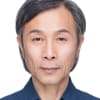commentary Commentary
Commentary: The changing meaning of political legitimacy for the Chinese Communist Party
In the lead-up to the 19th party congress, Bo Zhiyue discusses the CCP’s challenge of maintaining its political legitimacy, amid the Chinese population's evolving concerns.
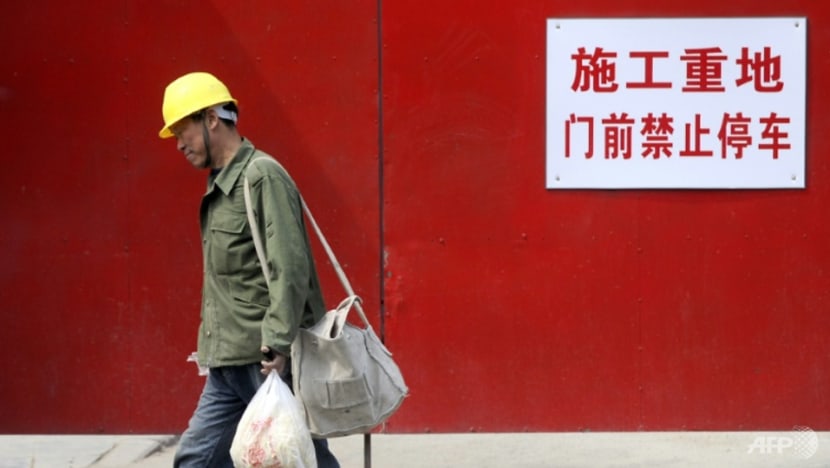
Increasing prosperity is a key part of the Communist Party's claim to legitimacy in China, and authorities are keen to avoid the social unrest that could accompany large-scale unemployment. (File photo: AFP/Wang Zhao)
BEIJING: A recurring topic for Chinese leaders Xi Jinping, Li Keqiang and Wang Qishan has been whether the Chinese Communist Party (CCP) will remain as ruling party of the People’s Republic of China in the future.
The CCP did not perform well in its first three decades but led a very successful economic transformation the three decades after.
Will the CCP be able to cleanse itself of corruption and rebuild a prosperous country, with a liveable environment, that upholds its people’s welfare and prioritises the rule of law in its next three decades?
RAPID RISE, HASTY DEMISE
The history of the CCP tells of a famous dialogue between educator Huang Yanpei and the CCP’s leader Mao Zedong about dynastic cycles.
At their fateful meeting on Jul 4, 1945, Huang observed that historically, few individuals, families, organisations or states could avoid the fate that cycles of expansion and inevitable decline brought about, and wondered whether the CCP had found a new way out.
“I have seen a lot of political forces that experienced a rapid rise which also met with a hasty demise. After coming to power, many became riddled with corruption, and were soon annihilated,” Huang had said to Mao.
Mao’s reply was affirmative. “Don’t worry Mr Huang. We have found a prescription for this malady,” Mao said.
“This new cure is democracy,” Mao remarked confidently.
After the CCP became the ruling party of a newly established People’s Republic of China four years later, however, Mao decided otherwise and carved a different path for the country.
From 1949 to 1976, China under the CCP’s rule experienced dramatic political and economic upheaval. More than half a million were purged in an anti-rightist campaign of 1957.
About 36 million people starved to death during the Great Leap Forward from 1958 to 1962. And millions of people perished in the violence and persecution during the Cultural Revolution of 1966 to 1976.
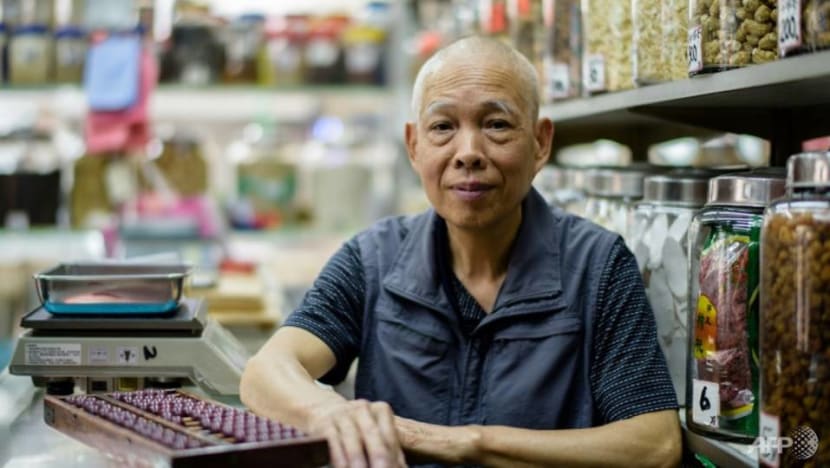
Even though party and state apparatuses at all levels were technically suspended at the beginning of the Cultural Revolution, there was no direct challenge to the CCP’s rule under Mao.
ECONOMIC GROWTH AND POLITICAL LEGITIMACY
Built on the ashes of Mao’s legacies, the CCP leadership under Deng Xiaoping ushered in a new era of economic reform and opening to the outside world. The Chinese economy expanded tremendously from 1978 to 2010, and the living standards of the Chinese people improved greatly.
China’s Gross Domestic Product was only 368 billion yuan (US$150 billion) in 1978 but grew to 41,303 billion yuan (US$6.22 trillion) in 2010.
China had the 10th largest economy in the world in 1978 but grew to become the second largest economy in the world in 2010 in less than 40 years.
Yet, as Chinese people became richer, they did not necessarily become more satisfied. Students and intellectuals as well as urban dwellers increasingly demanded for democracy and the rule of law, culminating in the democratic movement of the late 1980s.
Meanwhile, China suffered from serious environmental problems including air, water and soil pollution as well as food safety issues.
In spite of all these environmental and social issues and the tragic Tiananmen incident in 1989, however, the CCP remained resilient as a result of robust trickle-down economic growth. Measures to liberalise the economy provided new sources of income growth for many Chinese families and raised living standards.
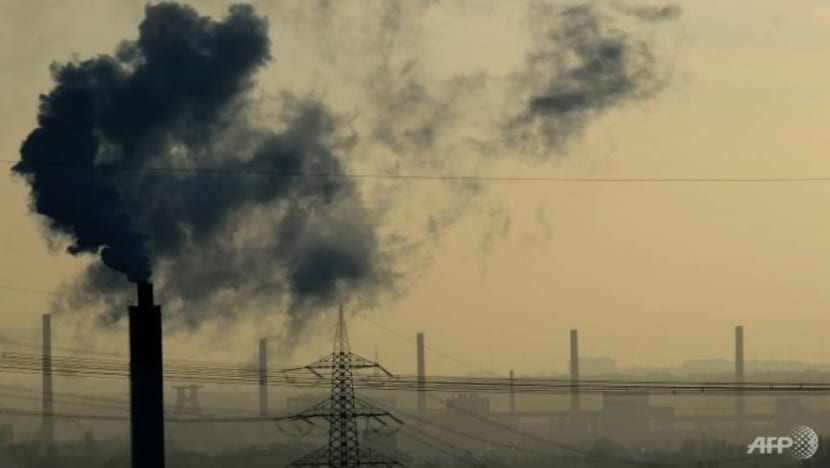
ANTI-CORRUPTION AND POLITICAL LEGITIMACY
Along with reform, however, corruption became rampant among CCP officials. Isolated incidents of irregularities began springing up in the 1980s but cases of bribery and corruption became the norm in the 1990s and the first decade of the 21st century.
Protests against corrupt local cadres in the countryside were commonplace but corruption seemed more systematic and ingrained, even at the highest levels of government.
For instance, in the People’s Liberation Army under vice chairmen of the Central Military Commission Guo Boxiong and Xu Caihou, who had a say in the promotion and leadership movements in the military, promotions to generals came with price tags.
For promotion to the rank of major-general, Guo was said to have charged 5 to 10 million yuan. For promotion to the rank of lieutenant-general, the bill was higher, at 10 to 30 million yuan.
Xu too allegedly charged 10 to 20 million yuan for a position of chief commander of a military region.
In December 2012, one month after Xi Jinping assumed his position as general secretary of the CCP, he recalled the famous dialogue between Mao Zedong and Huang Yanpei, and reminded the CCP of the serious internal challenges it faced in the 21st century. He was determined to clean up the ranks of the CCP.
In the subsequent five years, Xi and Wang Qishan carried out a concerted anti-corruption campaign that became very popular with the Chinese public.
As Wang remarked in his most recent inspection tour of Hunan in early September 2017, the most serious challenge to the CCP was in the effective supervision of power.
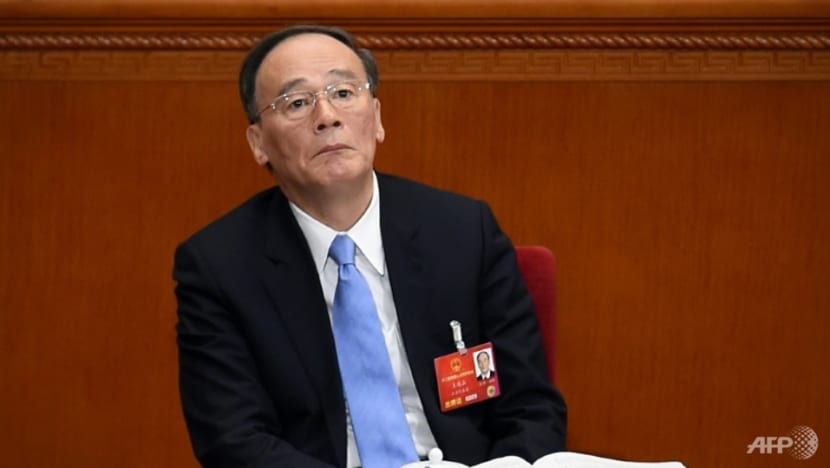
The ultimate goal of comprehensively rectifying the party, according to Wang, was to find an effective way to cleanse the CCP, to ensure its long-term ruling party status and find a solution to the inevitable cycle of expansion and decline.
DIVIDED ON INCOME INEQUALITY
According to a Pew Global Attitude Survey conducted from Apr 6 to May 8, 2016, the Chinese are today more confident about their country’s international influence.
Although 75 per cent of respondents strongly agreed that China was playing a more important global role compared to 10 years ago, however, more than half want the Chinese government to focus on China’s domestic problems.
Among the challenges facing China, respondents listed corruption among officials (49 per cent), inequality (37 per cent), medicine safety (42 per cent), food safety (40 per cent), water pollution (37 per cent) and air pollution (34 per cent) as top concerns.
Yet respondents say they are confident that the Chinese government under the leadership of President Xi Jinping and Premier Li Keqiang will continue its efforts to deal with these challenges effectively.
In fact, more than six in 10 believe that corruption will decline in the next five years. Almost half think food safety and the quality of air and water will improve.
But the Chinese are more divided about the gap between rich and poor: 40 per cent believe that there will be less inequality in five years, while 37 per cent think that the gap will get worse.
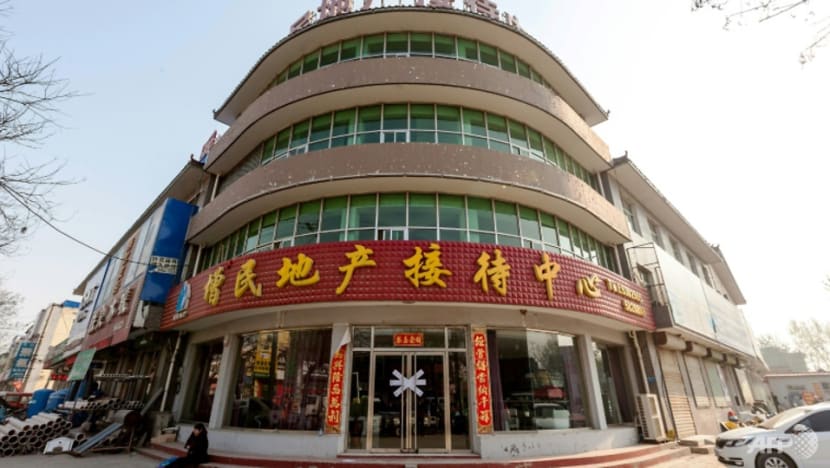
MANDATE OF HEAVEN
The People’s Republic of China celebrated its 68th birthday just this week on Oct 1. While this occasion celebrated many milestones and national achievements, and there are no signs of challenge to the CCP’s rule, at the back of many minds must rest the worry that the CCP’s time is running out.
The Soviet Union lasted barely 70 years.
The fact that the CCP remains the ruling party of the PRC does not automatically suggest that the CCP has the “mandate of heaven”. The real test is whether the CCP under the leadership of Xi Jinping can find lasting, effective solutions to put at ease its people’s top concerns.
For now, economic and environmental sustainability looks set to be on the top of the CCP’s agenda.
China is likely to enter a phase of prosperity, development and national glory if the CCP can ensure a green, natural environment where people continue to have access to clean air and water and thrive in an egalitarian culture that stamps out corruption and allows ordinary citizens to enjoy the fruits of their labour.
Only if the CCP continues to play a leading role in China’s environmental, economic, political and social transformation in the coming decades, will it receive the public support it needs to thrive in the next three decades.
Dr Bo Zhiyue, a leading authority on China’s politics, is founder and president of the Bo Zhiyue China Institute, a consulting firm providing services on China to heads of governments and CEOs of multinational corporations.
This is the seventh in Channel NewsAsia's commentary series on the Chinese Communist Party 19th Party Congress. Read the past commentaries on:
1. The slew of changes in the PLA leadership in 2017.
2. The drastic political reforms Xi Jinping may make.
3. The crackdown on Chinese businesses.
4. The role Wang Qishan plays.
5. The new leaders in Beijing.
6. Reforms in the PLA over recent years.








